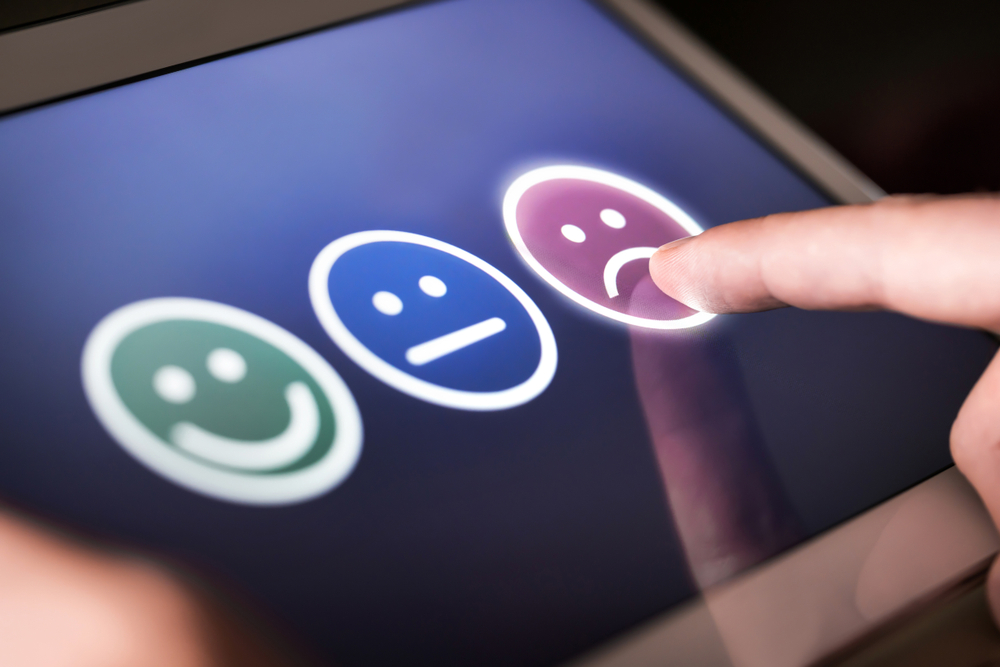
The term “cheap” has dual meanings. On the one hand, it signifies affordability, a wise option for a budget-conscious individual. But we’ve all heard the saying “You get what you pay for”, and in this example, the word “cheap” indicates low-quality hearing aids.
Regrettably, distinguishing between an economical purchase and an item of minimal value is often tricky. With regard to hearing aids, this couldn’t be more relevant.
With hearing aids, the saying “you get what you pay for” rings especially relevant. This means eliminating the devices that are priced in the “too good to be true” range, not necessarily opting for the most expensive option. Customers need to recognize that important information is often left out of the marketing campaigns of cheap hearing aids.
They often just amplify sound
Increasing the overall volume is typically the only thing cheap “hearing aids” are capable of. When you merely amplify everything, the sounds you want to hear better are amplified but so are unwanted background sounds you don’t want.
If everything is louder, it entirely defeats the purpose of using a hearing aid.
A modern state-of-the-art hearing aid, in comparison, does a lot more than simply turn the volume up. It expertly manages sound, maximizing the clarity of desired sounds while tuning out background sound. Genuine hearing aids are tuned to your specific hearing requirements, closely mimicking natural hearing with better accuracy.
PSAPs vs. Hearing Aids
The Food and Drug Administration has written guidelines for those who sell hearing devices and have strict rules as to what can be called hearing aids.
Unfortunately, many personal sound amplification products PSAPs are inaccurately advertised as hearing aids even though they just amplify sound.
The majority of reputable companies comply. But you may find some uninformed salespeople or products on Amazon or eBay that deceive consumers into thinking that these devices meet the definition of a hearing aid. You might even find some that claim that they’re approved by the FDA when that’s actually false.
They’re not helpful for most kinds of hearing loss
The majority of people who lose their hearing will gradually lose specific frequencies of sound before others. For instance, you might have no problems hearing a man with a low voice, but have difficulty with a woman’s or child’s voice, finding it difficult to comprehend.
You get total amplification with cheap hearing aids. But simply turning up the total volume will not be adequate for people who have a tough time hearing certain frequencies. And turning the overall volume up could result in additional damage to your hearing because the frequencies you don’t struggle with will be roaring in your ears.
High-quality hearing aids provide a solution by being programmable to compensate for the loss of particular frequencies. They can automatically adjust the frequency you struggle to hear to one that is more audible, delivering a more customized and reliable hearing experience.
Feedback can be a problem
You won’t get a custom fit with cheap hearing aids. A feedback loop is frequently the outcome of poorly fitting hearing aids. As the speaker in your ear wiggles around, the microphone picks up the sound. This will result in a deafening screech.
They normally won’t help you on your cellphone
When individuals are looking for a budget-friendly device, they often sacrifice functionality like Bluetooth connectivity. The lack of Bluetooth becomes crucial when considering phone connectivity. With cheaper hearing devices, when you attempt to amplify phone calls, your device will amplify every little sound, like your lips or ears brushing against the phone, or clothing and hair.
On the other hand, digital hearing aids use telecoil or Bluetooth technology, creating a wireless connection between your hearing aid and the phone. Overall communication and clarity will be improved so you can be sure you will hear your daughter’s voice on the phone.
They were never meant to treat hearing loss
The majority of individuals would most likely be surprised by this. PSAPs were never made for people with hearing loss. They were made to help individuals who have relatively good hearing hear things a bit louder.
Cheap devices might help a little if you only have slight hearing loss. But they won’t be of much use for individuals who actually need hearing aids.
Finding quality, affordable hearing aids
Obtaining affordable quality hearing aids isn’t hard. They might even be covered by insurance or other third parties. There are also affordable brands, leasing programs, and financing options. If you suspect you have hearing loss, start by getting checked out. Call us today for a consultation, we can help figure out what’s best for you, depending on your amount and type of hearing loss, and make certain you get a pair that won’t break the bank!
References
https://www.fda.gov/medical-devices/consumer-products/hearing-aids